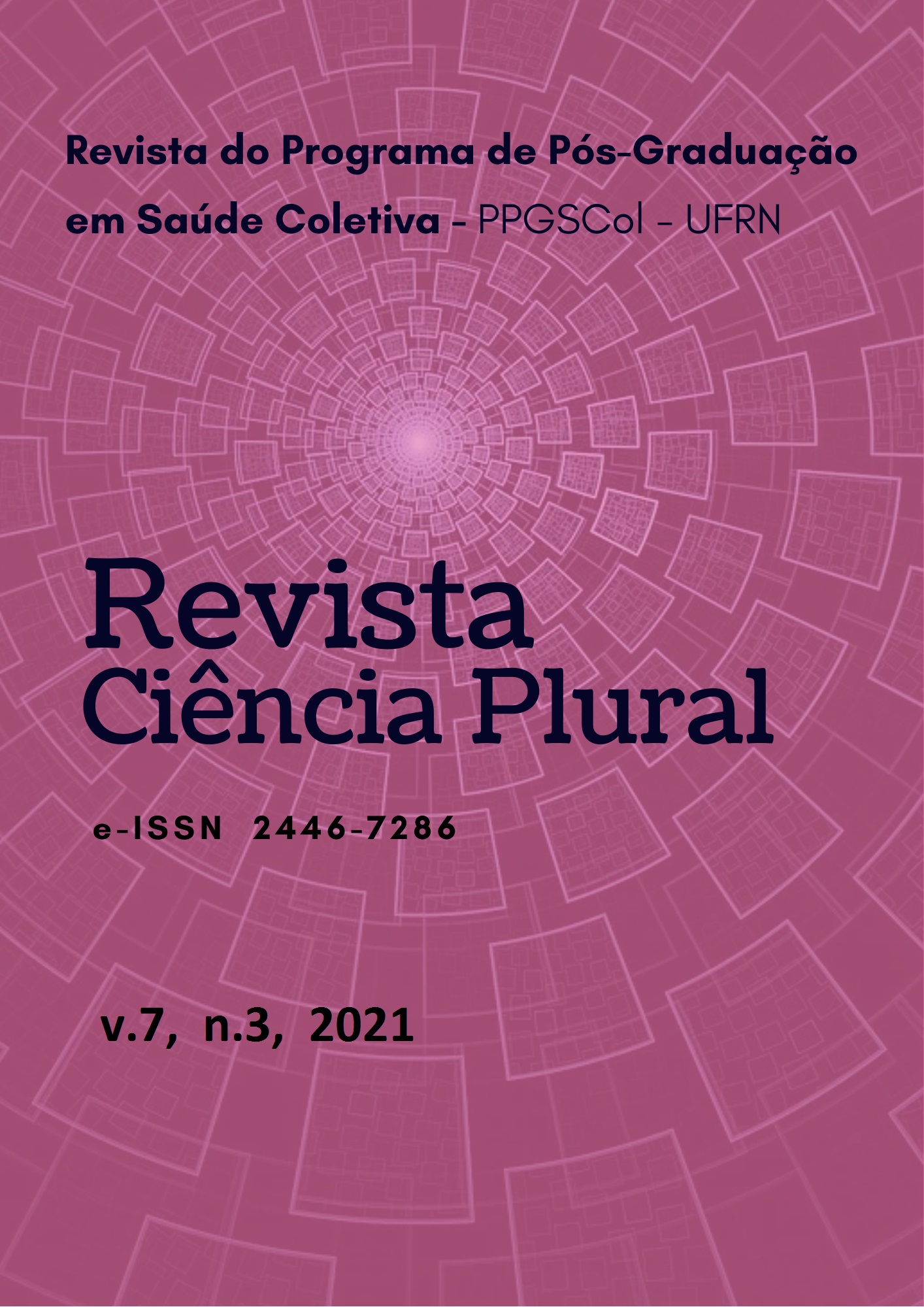INTERSETORIALIDADE NA PROMOÇÃO DA SAÚDE DA CRIANÇA E DO ADOLESCENTE: UMA EXPERIÊNCIA DA INTEGRAÇÃO ENSINO-SERVIÇO
DOI:
https://doi.org/10.21680/2446-7286.2021v7n3ID23878Abstract
Introduction: To establish intersectoriality as a daily practice, a coherent professional graduation process must be taken. In this sense, teaching-service experiences are important strategies for this process. Objective: To report the experience of actions for adolescents and children developed in social equipment assigned to a Family Health Unit in Natal-RN in 2018.2 in the context of the discipline Health and Citizenship. Methodology: Based on a general knowledge of the territory and an understanding of its dynamics, under the framework of problematization, operational plans were developed, articulating local leaders and the community, to contribute to local development. In this way, three interventions were carried out: thematic stations to address government programs for access to higher and technical education, military career; sexually transmitted infection, healthy eating habits and inequities using interactive dynamics (state school); gymkhana with children and a lecture with parents about the challenges for the education of children (Social Center) and puppet theater about personal hygiene; musicalization with children; dynamics with clay and painting; instruction on hand washing and tooth brushing; literary moment (Municipal Center for Early Childhood Education). Results: The interventions had an intersectoral character and obtained a positive balance both by the target audience and by the members of the tutorial group. The activities carried out provided extension products (parody; game; dynamics) that made it possible to work on the group's cognitive, artistic and relational skills, favoring the transformation of the group into a team. The tutorial group sought to stimulate social equipment to work together, seeking the experiential practice of intersectoriality. In addition, it sought to disseminate information on social determinants of education and food, aiming at greater empowerment of the community. Conclusions: The products generated in the experience can be used in other contexts, giving a greater breadth of scope of this report as a reference for actions to be developed.
Downloads
Downloads
Published
How to Cite
Issue
Section
License
À Revista Ciência Plural ficam reservados os direitos autorais referente a todos os artigos publicados.

 Português (Brasil)
Português (Brasil) English
English Español (España)
Español (España)










2.png)
